Position and Legal Status of Minor in India
Who Is a Minor?
A minor is an individual who has not yet reached the legal age of adulthood and, therefore, does not possess the full legal rights and capacities of an adult. In India, a person is generally considered a minor until they reach the age of 18. Minors are deemed to be in a stage of physical and mental development, and as such, they do not have the legal capacity to engage in certain activities, such as entering into contracts or voting. Once a person reaches the age of 18, they are considered an adult, capable of handling the same legal rights and responsibilities as other adults.
However, maturity does not solely depend on age; some minors may possess a higher level of understanding and maturity compared to some adults. Nonetheless, the law provides that all minors are entitled to equal treatment, without discrimination based on sex, race, caste, disability, or religion. The legal status of minors is governed by various provisions in Indian law.
Legal Status of Minors According to Indian Laws
Indian Contract Act, 1872
Under the Indian Contract Act, 1872, a person under the age of 18 is considered a minor and is not legally competent to enter into a contract. According to Section 2 of the Act, parties entering into a contract must be competent, meaning they must not be minors, of unsound mind, or otherwise disqualified by law. Section 3 of the Indian Majority Act, 1875, further clarifies that a minor is a person who has not completed 18 years of age.
In the landmark case of Mohri Bibi v. Damodardas Ghosh, the court held that any agreement made by a minor is void ab initio, meaning it is null and void from the outset. As a result, courts cannot enforce specific performance of contracts involving minors.
Transfer of Property Act, 1882
While minors are not competent to contract under the Transfer of Property Act, 1882, they are permitted to accept gifts of immovable property without the intervention of a guardian. According to Section 13 of the Act, property can be transferred to an unborn child. In such cases, a life interest is created, allowing a life holder to enjoy the property on behalf of the unborn child, though they cannot transfer the property. A minor can also acquire immovable property through their own funds.
Indian Succession Act, 1925
Section 144 of the Indian Succession Act, 1925, allows for the creation of a prior interest in property for an unborn child. The interest in the property becomes vested only if the child is born alive. This provision ensures that the property rights of unborn children are protected, with the interest being contingent upon the child’s birth.
Position and Legal Status of Minors According to the Indian Penal Code
Under Section 82 of the Indian Penal Code, a child under the age of 7 is granted complete immunity from criminal liability. At this young age, a child cannot be held guilty of any offense because they lack the capacity to distinguish between right and wrong. The law assumes that a child below 7 years old does not have the understanding necessary to grasp the nature and consequences of their actions, meaning there is no mens rea, or criminal intent, present in such cases.
Section 83 of the Indian Penal Code provides partial immunity for children above 7 years but below 12 years. In this age group, the child may be capable of understanding the nature and consequences of their actions, but this depends on the individual child's level of maturity.
Maturity of Understanding
For children between 7 and 12 years old, their liability depends on their level of maturity and understanding. For instance, if a 10-year-old child lacks the ability to understand the consequences of their actions, they may be absolved of liability. However, if a 9-year-old child demonstrates sufficient maturity and understanding, they can be held liable. The maturity and understanding of the child are assessed based on the circumstances surrounding the crime, and this varies from case to case.
In the Indian Penal Code, when dealing with children in this age range, it must be proven that the child did not possess sufficient maturity or understanding to grasp the nature and consequences of the offense they committed.
In the case of Krishna Bhagwan v. State of Bihar, the court held that if a child accused of a crime reaches the age of 7 during the trial or by the time the verdict is given, they can be convicted if they are found to understand the nature and consequences of their actions.
In Marsh v. Loader, a child was caught stealing a piece of wood from the defendant's property. However, the child was not held liable and was discharged because he was under 7 years old.
Conclusion
In India, a minor is generally considered to be anyone under the age of 18, as it is assumed that individuals below this age may not fully understand the nature and consequences of their actions due to a lack of maturity. As a result, minors are not granted certain legal rights, such as the right to vote. However, maturity is not solely dependent on age; some minors may display sufficient understanding and maturity, while some adults may not. Despite the differences in maturity and development, every child is entitled to fundamental rights, such as the right to life under Article 21 of the Indian Constitution, and must be provided with a safe environment, good nutrition, healthcare, and education. All children are entitled to equal treatment, without discrimination based on sex, race, caste, disability, or religion.
Share
Related Post
Tags
Archive
Popular & Recent Post








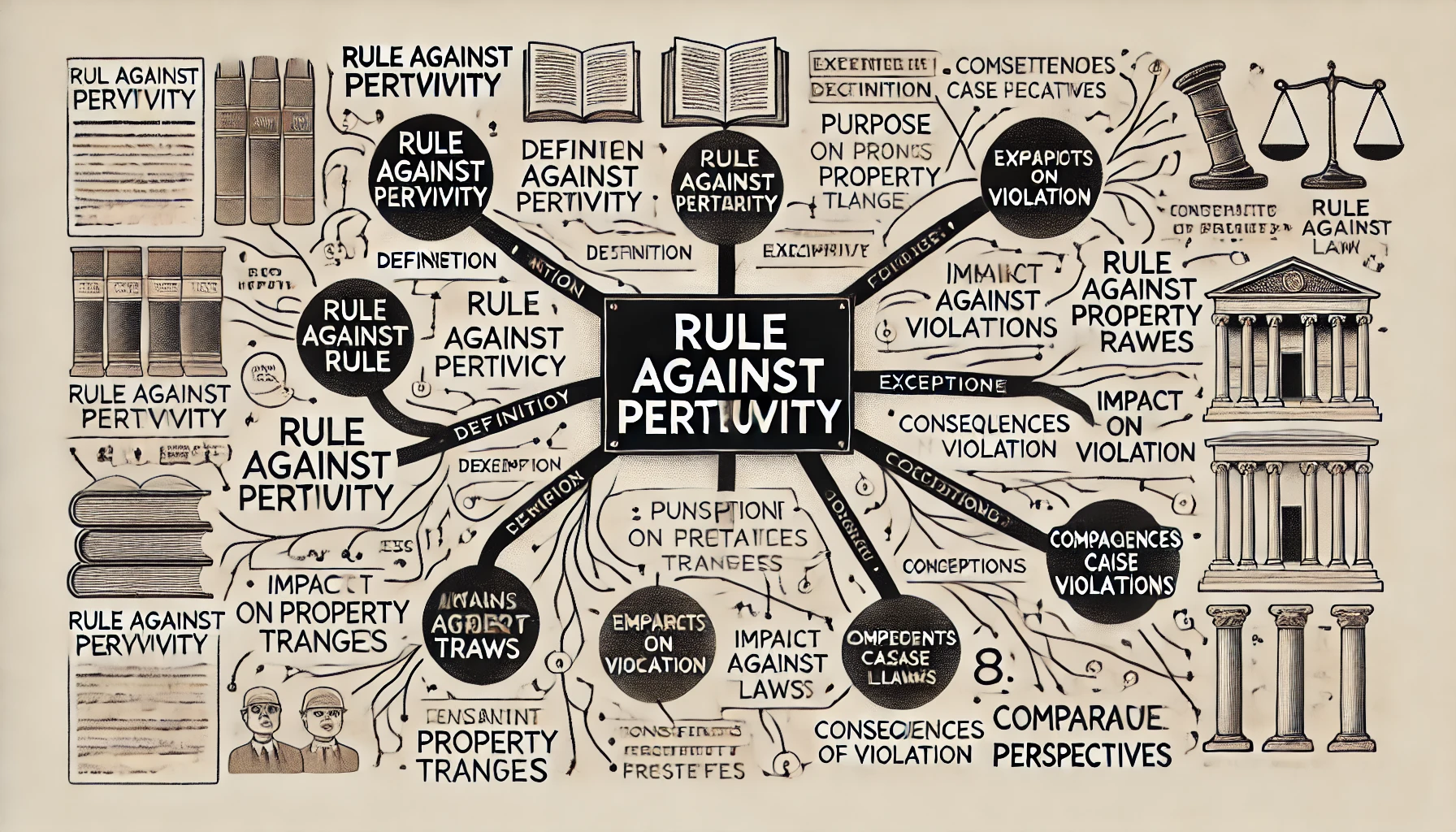
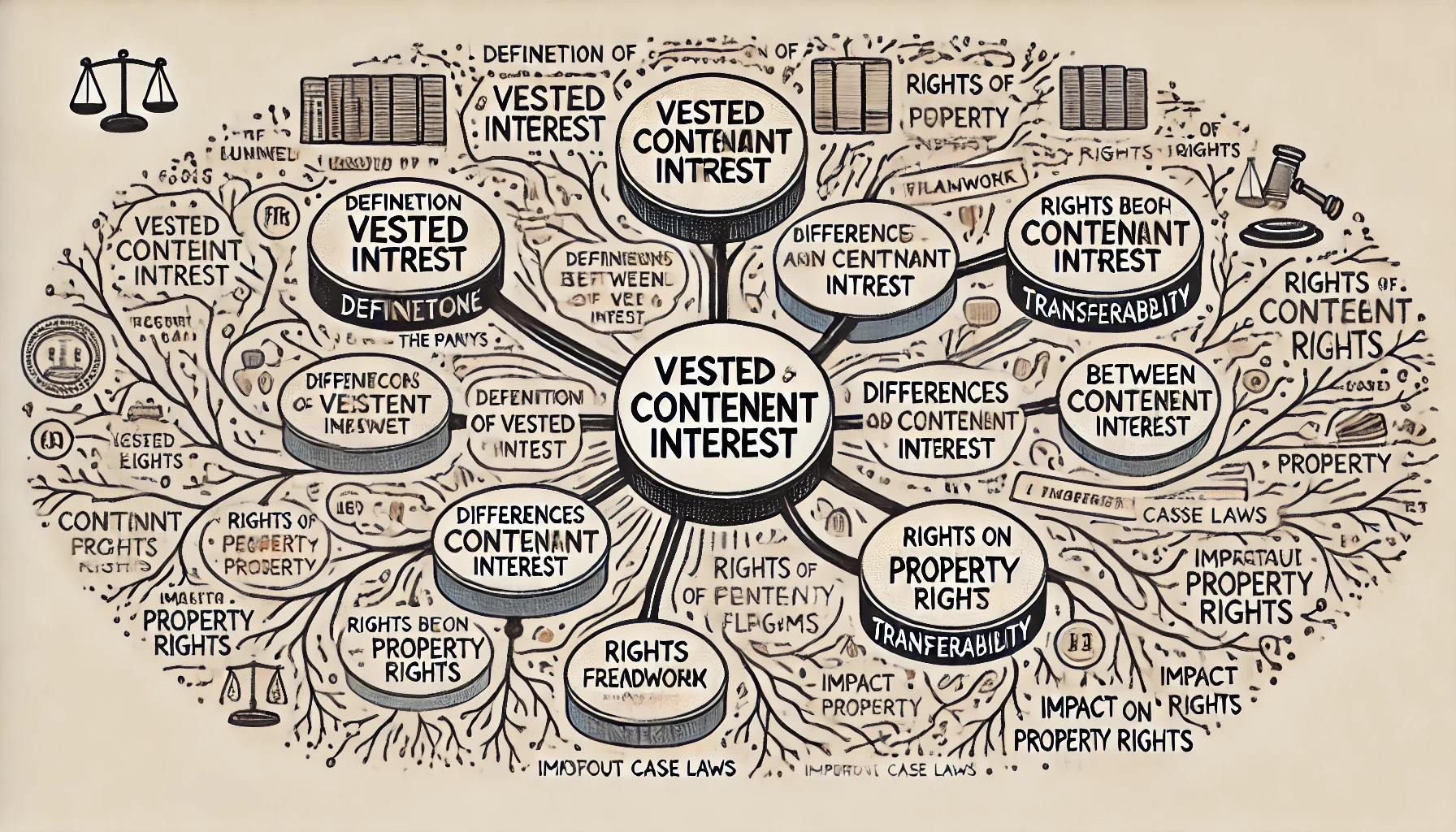

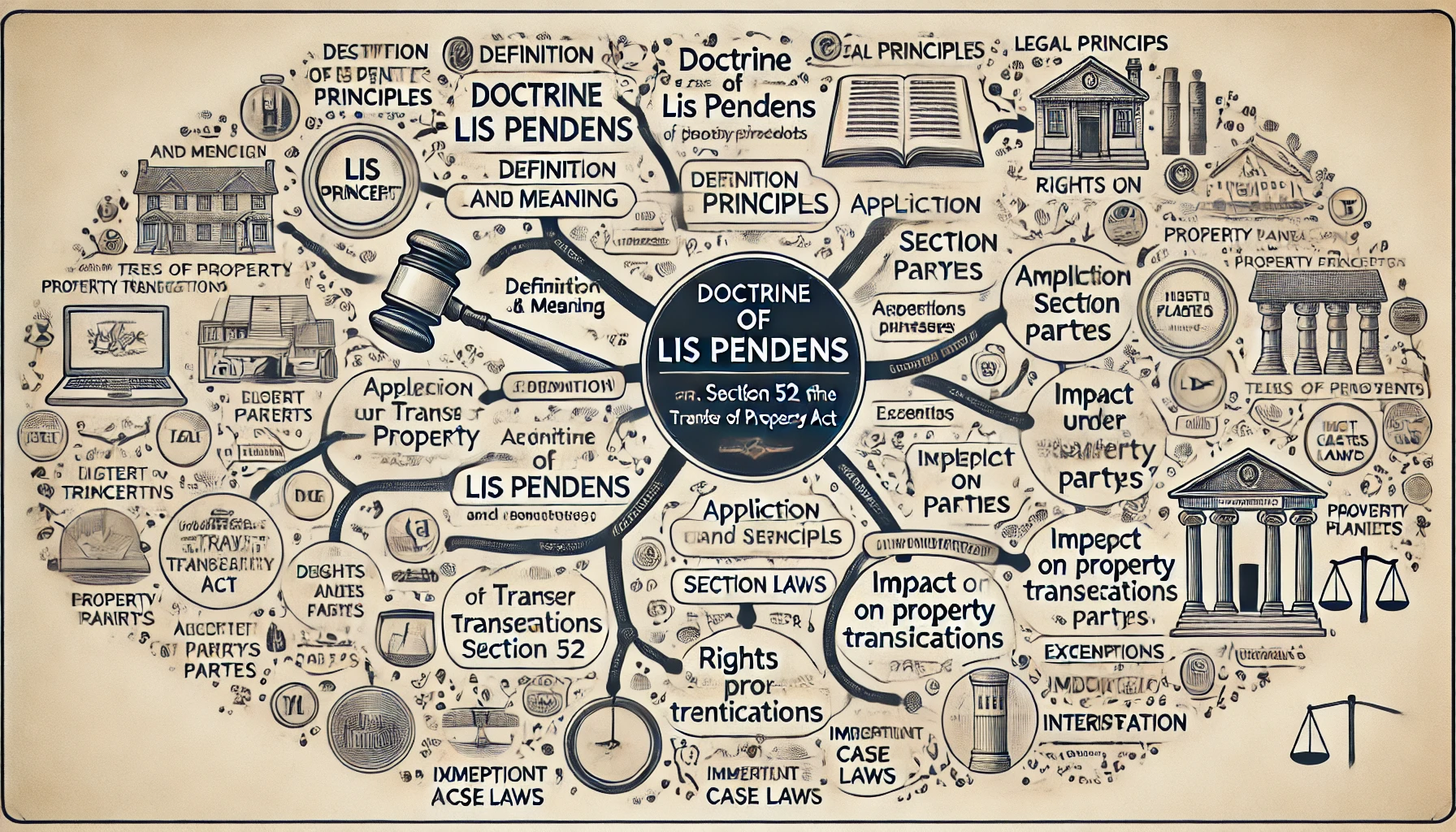
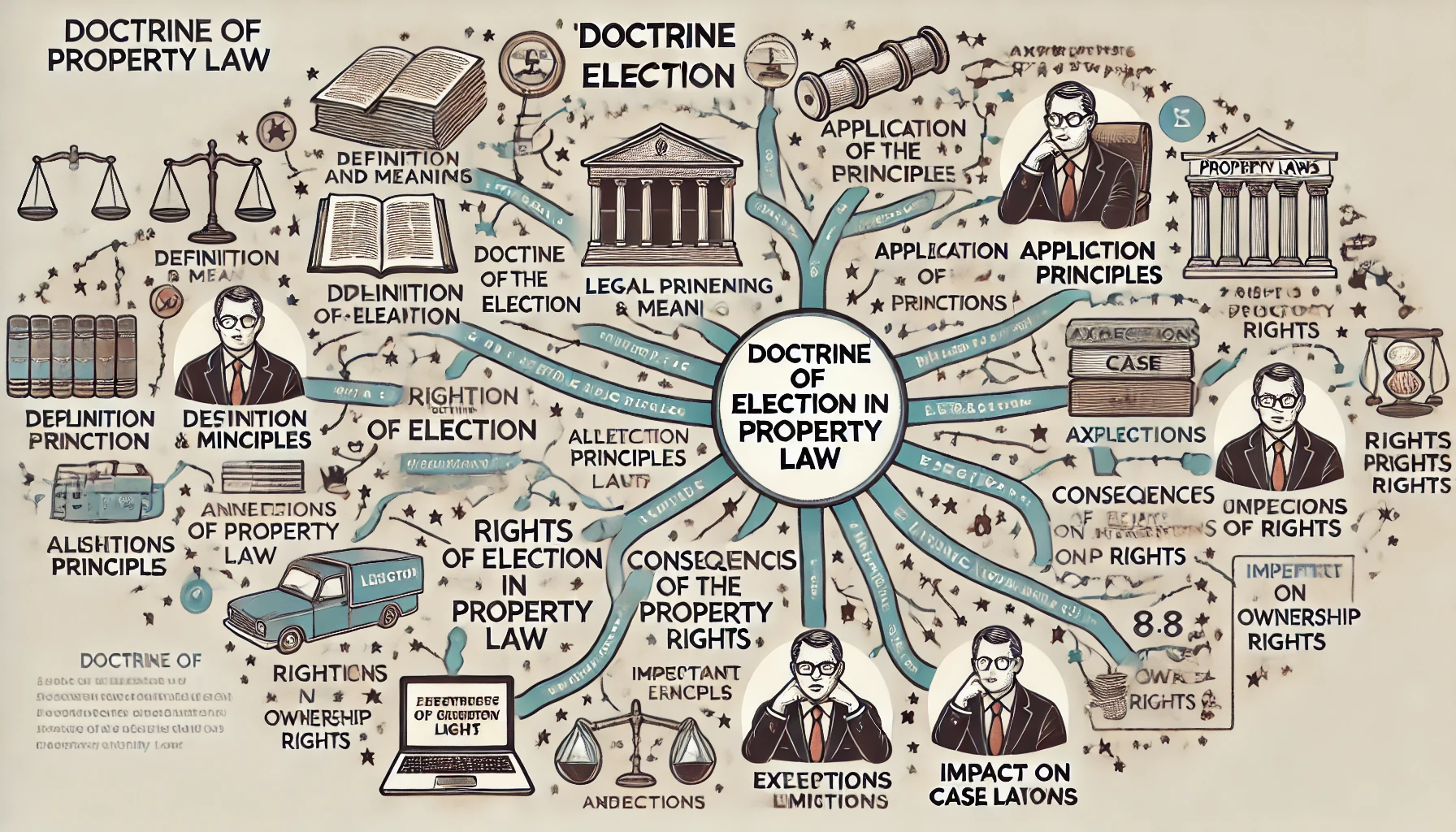
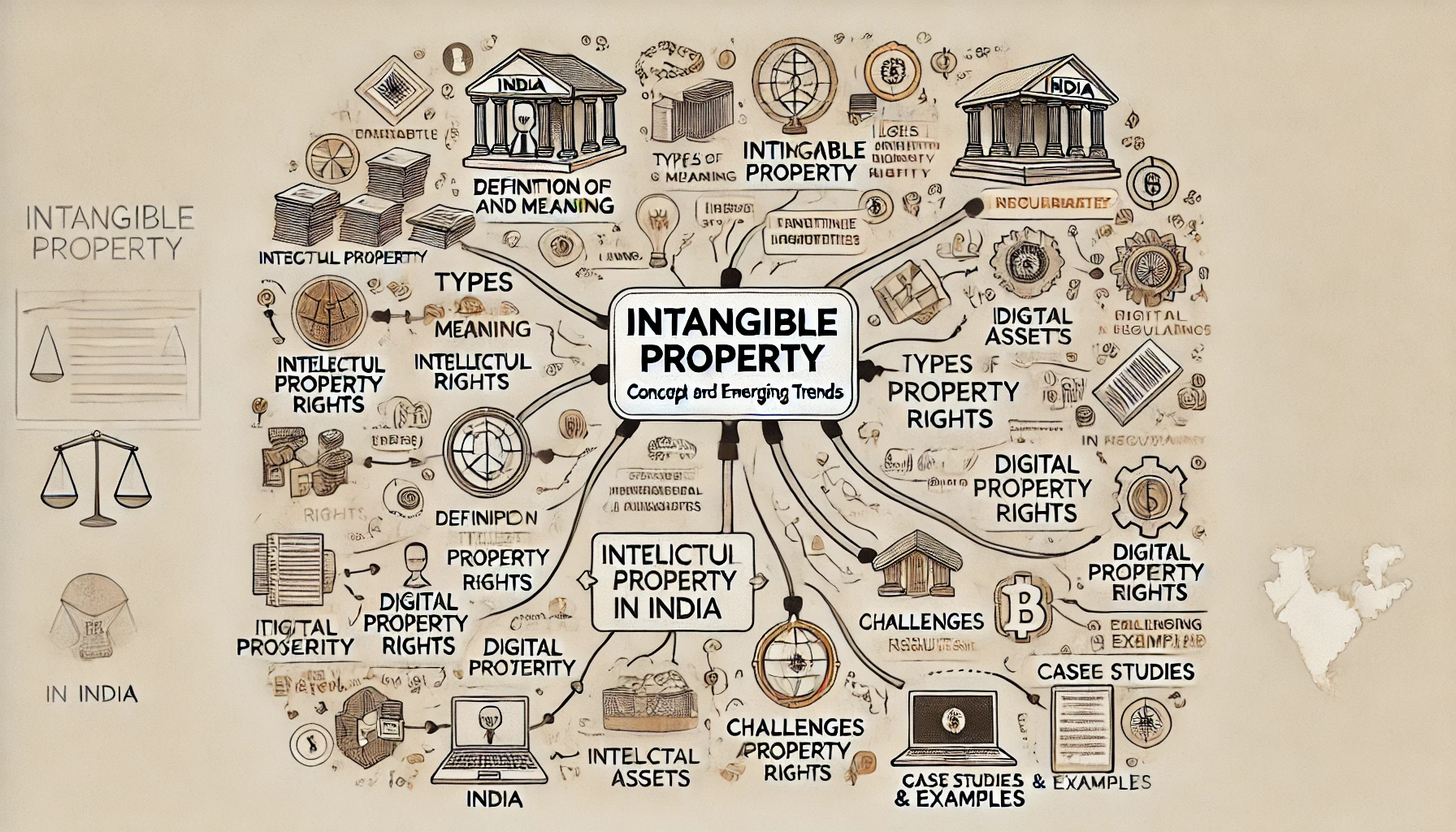
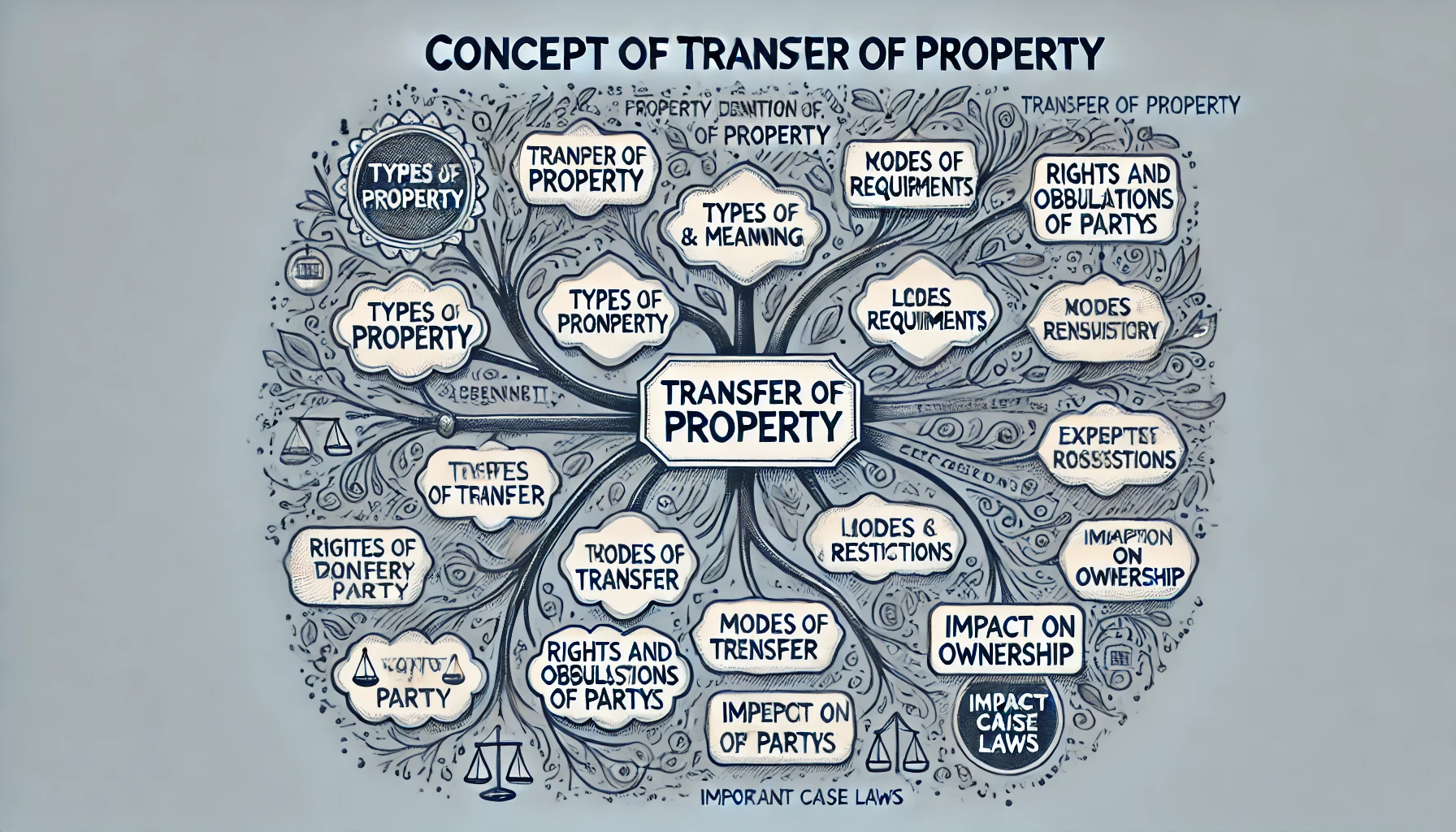



































































































Comment
Nothing for now